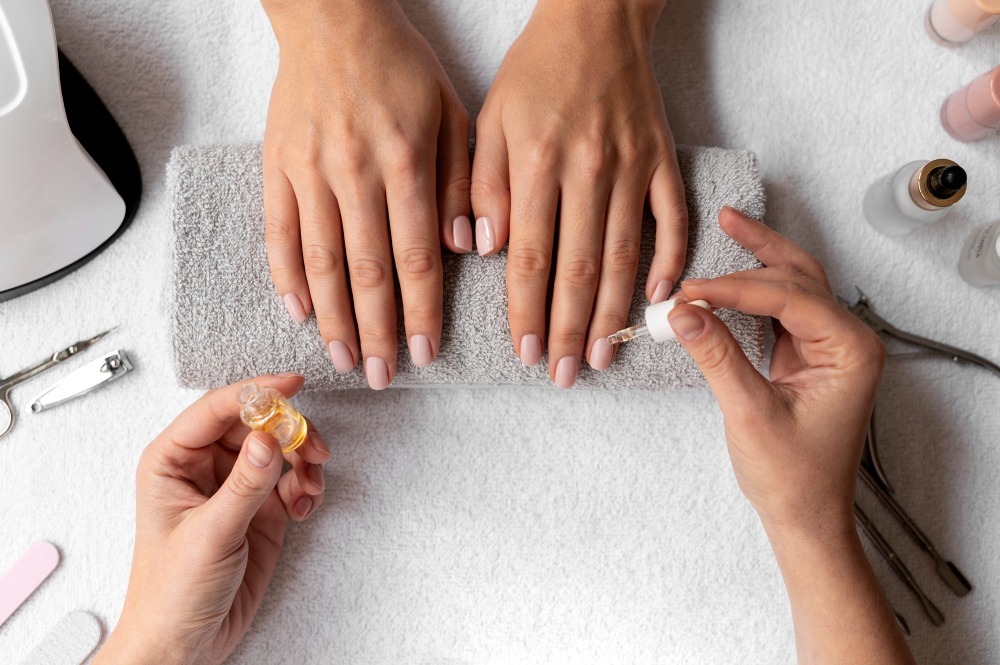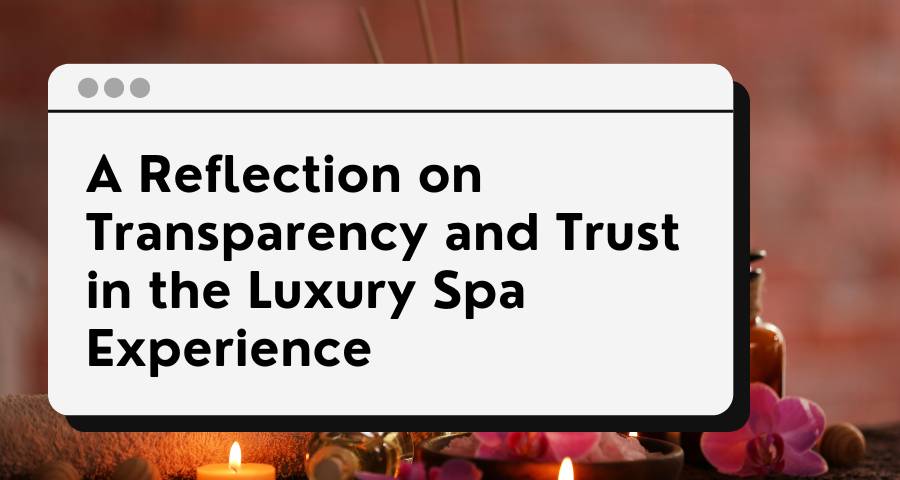A luxury spa is often associated with trust, expertise, and customer well-being. However, cases of misleading sales tactics in the wellness industry highlight the need for stronger consumer protections. While luxury spas may not frequently be involved in legal disputes, similar deceptive practices could undermine consumer confidence in high-end wellness services.
A recent case involving Nail Palace, a well-known nail salon chain, serves as a cautionary tale about aggressive sales tactics in beauty and wellness establishments. It raises critical questions about transparency, ethical sales practices, and consumer rights in the industry.
Summary of the Nail Palace Lawsuit
In 2021, the Competition and Consumer Commission of Singapore (CCCS) investigated complaints against two Nail Palace outlets for engaging in misleading sales tactics. Customers reported that they had been pressured into purchasing expensive treatment packages for nail fungal infections—conditions they had not been medically diagnosed with.
The Singapore courts ruled that these sales tactics violated consumer protection laws, resulting in an injunction against the outlets. This ruling required them to cease all misleading sales practices and ensure that customers were fully informed before making purchases.
Some key takeaways from the case:
- Customers were misled into believing they had serious nail conditions requiring immediate treatment.
- High-pressure sales tactics were used to push expensive treatment packages.
- The court’s decision reinforced the importance of truthful advertising and ethical business practices in the beauty and wellness industry.
This case serves as a reminder that even well-known wellness establishments are not exempt from scrutiny when it comes to business ethics.

Reflection: The Broader Impact on the Luxury Spa Industry
While this particular case involves a nail salon, it raises critical concerns for the wider wellness and spa industry, including luxury spas that promise exclusive treatments and premium service. The biggest risk to high-end wellness businesses is loss of trust—when customers start to question whether they are being offered treatments based on genuine need or simply as part of a sales strategy.
1. Ethical Sales Practices in Luxury Spas
The wellness industry relies on expert recommendations, and clients trust professionals to offer treatments that genuinely benefit their well-being. However, if aggressive sales tactics become common—even in high-end spas—clients may hesitate to book treatments, fearing that they are being upsold unnecessary services.
For instance, some customers report being told that their skin requires immediate correction through expensive facials or advanced treatments, even if their condition does not warrant it. Similarly, some massage clients might feel pressured into purchasing bundled packages after a single session, without clear evidence that continued sessions are necessary.
- Why this is a problem: Unlike budget beauty chains, luxury spas justify their high prices with expertise and ethical service. If customers begin to doubt the honesty of a spa’s treatment recommendations, it damages long-term credibility.
- How this impacts businesses: Repeat clients are the backbone of luxury spas. If a spa gains a reputation for over-promising results or using pushy sales tactics, clients may stop returning altogether.
Solution: Spas must prioritize ethical consultation practices, ensuring that recommendations are backed by legitimate wellness benefits rather than financial incentives. Transparency in explaining why a treatment is recommended builds trust and long-term client relationships.
2. Transparency in Pricing and Treatment Claims
Another issue raised by the Nail Palace case is a lack of pricing transparency. Many customers were not given clear breakdowns of the costs involved or alternative treatment options before making a decision.
This is particularly relevant to luxury spas, where services often include multiple steps, high-end ingredients, and advanced techniques. If pricing is unclear, customers may feel unsure about the value they are receiving.
How pricing issues arise in luxury spas:
- Lack of upfront pricing – Some spas do not display prices on their websites or service menus, leading to surprise costs at checkout.
- Misleading package deals – Clients may be told that multiple sessions are necessary for results, without clear justification.
- Medical-sounding claims – Some treatments are marketed with exaggerated benefits, such as “permanent lifting effects” or “instant detoxification”, even though results vary between individuals.
Solution: High-end spas should provide transparent pricing and clear service explanations to maintain credibility. Full disclosure of pricing, realistic expectations, and alternative options empower clients to make informed decisions. Clients who want to extend the benefits of their spa treatment should also be informed about proper post-care and follow-up routines to ensure long-lasting results.
3. The Role of Regulatory Bodies in Consumer Protection
The CCCS ruling against Nail Palace demonstrates that authorities are becoming more vigilant in protecting consumers from misleading sales tactics. While most luxury spas operate ethically, increased scrutiny means all wellness businesses must remain compliant with advertising and consumer laws.
If a luxury spa falsely markets a service as medically necessary or guarantees unrealistic results, it risks regulatory action and reputational damage. The industry must recognize that compliance is not just about legality—it’s about consumer trust.
- What this means for spa owners: Spas should routinely audit their marketing materials and sales pitches to ensure compliance with industry standards.
- What this means for clients: Customers should feel comfortable asking questions about treatment claims and pricing—without fear of being pressured.
Spa owners should conduct regular staff training on ethical consultations and ensure all marketing claims are science-backed and clear. Understanding common complaints about these establishments can help business owners refine their services and avoid potential pitfalls.
How Luxury Spas Can Avoid These Issues
To prevent similar issues from arising in high-end wellness establishments, the industry must focus on ethics, transparency, and customer education.
- Adopt a consultation-first approach – Instead of pushing services, luxury spas should prioritize client education, offering genuine advice based on individual needs.
- Disclose all pricing clearly – Avoid hidden fees and ensure clients know the total cost before committing to a treatment plan.
- Encourage informed decision-making – Clients should never feel pressured into immediate purchases. Offering a cooling-off period for high-value treatments may improve trust.
- Regular staff training on ethical sales – Ensuring therapists and consultants do not engage in high-pressure sales tactics is key to maintaining a spa’s reputation.
These steps not only protect customers but also strengthen brand loyalty by creating an environment where clients feel respected and valued.

Final Thoughts
The Nail Palace case highlights a larger issue within the beauty and wellness industry: the fine line between ethical recommendations and sales-driven persuasion. While the ruling focused on misleading fungal treatment sales, its implications extend to the luxury spa industry, where trust and transparency are critical.
By committing to clear communication, honest marketing, and ethical sales practices, luxury spas can uphold their reputation and provide genuine wellness benefits to their clients. Ensuring a customer-first approach will prevent the kinds of disputes that tarnish both businesses and the broader industry.

